“full of élan, humour and colour”
Marcus Creed on Haydn’s Die Jahreszeiten
50 years of Carus – 50 years of passion for choral music, which we share with you. In the Carus anniversary year, each month in the CARUS blog prominent choral directors present their personal highlight from five centuries of choral music for you.
My first encounter with Die Jahreszeiten (The Seasons) was in 1991, when Roger Norrington and the Chamber Orchestra of Europe (together with the RIAS Kammerchor) came to Berlin. Those who know Norrington will agree that this was the perfect piece for him, full of élan, humour and colour. His interpretation so impressed me that several years went by before I trusted myself to conduct it.
Growing up in England, it was always Die Schöpfung (The Creation), and never Die Jahreszeiten! The latter work is logistically more challenging, with a great deal of expressive chorus work, and orchestrally more intricate. I was lucky enough to conduct it in a series of concerts in Europe with Frans Brüggen’s Orchestra of the 18th Century on period instruments. And my students and I in Cologne spent a good deal of time studying it later.
As we know, Haydn was under the iron hand of van Swieten as far as the text was concerned. When setting the text “O Fleiß, o edler Fleiß” (“O precious industry”), he commented that he had never thought of setting industry to music! On the other hand, the sheer variety of text gave Haydn the golden opportunity to put to use his inventive genius. The representation of every aspect of nature’s and man’s changing situations and activities throughout the year is shown in the most imaginative orchestration, particularly in his use of the woodwind instruments.
My personal highlights:
- the shimmering heat of “Die Mittagssonne brennet jetzt” (’Tis noon, and now direct the sun) and the magical cavatina “Dem Druck erlieget die Natur” (Distressful nature fainting sinks) which follows;
- the “accelerating” hunting dog in “Seht auf die breiten Wiesen hin” (Behold along the dewy grass);
- the oncoming of depression and cold in the “Wanderer” aria (“Hier steht der Wandrer nun” / The trav’ller stands perplex’d);
- and the philosophical ruminations of “Erblicke hier, betörter Mensch” (In this, O vain misguided man).
What a great pleasure it has been to be associated with the new Carus Edition in conncection with the recording of the work on the Carus Label!
Carus 83.525
Marcus Creed was born and grew up on the south coast of England. From 1987 to 2001, he was artistic director of the RIAS Kammerchor. In 1998, he accepted a professorship for conducting at the Musikhochschule in Cologne. From 2003 to 2020 Marcus Creed was artistic director of the SWR Vokalensemble Stuttgart; since 2014 he has been chief conductor of the Danish National Vocal Ensemble. He is regularly invited to international festivals for both early music and new music. His CD releases have won international awards for their stylistically sure and acoustically sensitive interpretations.

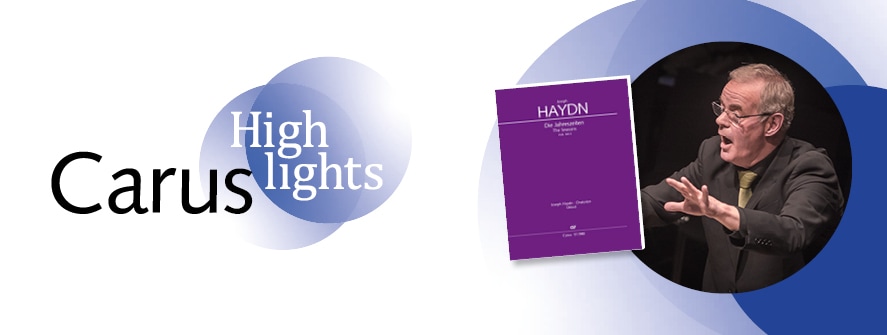
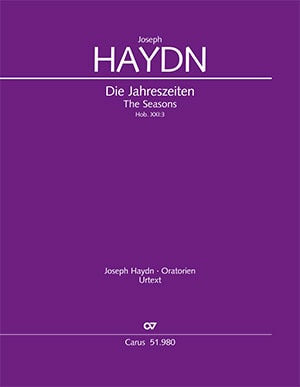
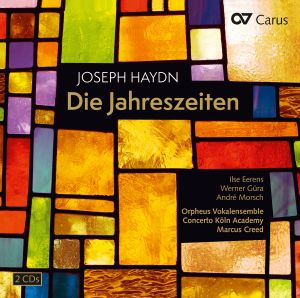
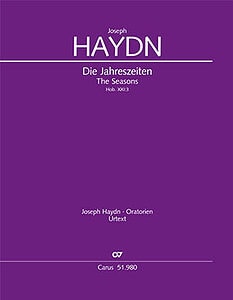
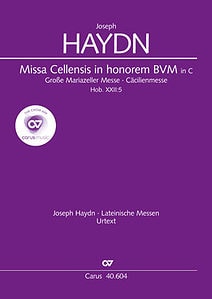
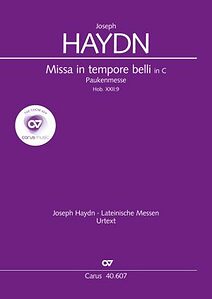
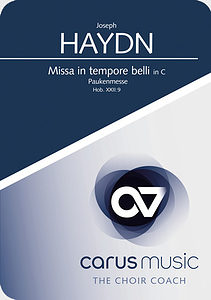
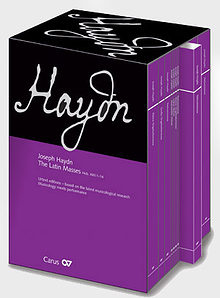

 (c) Arne Morgner, Oelsnitz/Vogtland, Germany
(c) Arne Morgner, Oelsnitz/Vogtland, Germany
Leave a Reply
Want to join the discussion?Feel free to contribute!